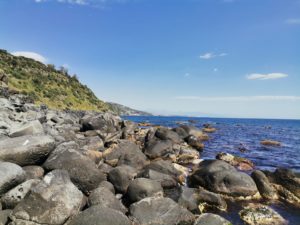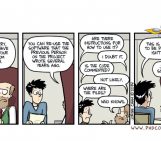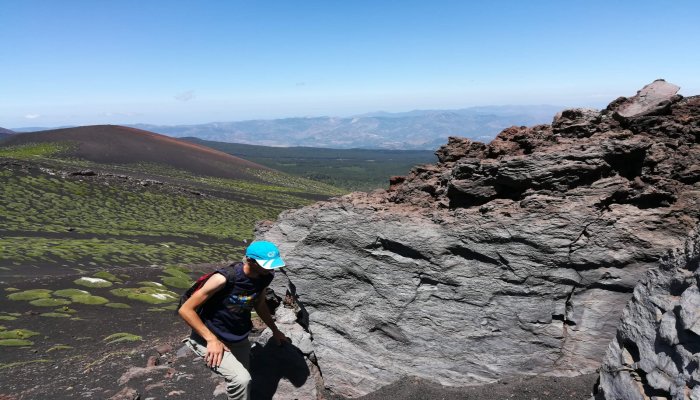
Does the sound of pursuing a Ph.D. terrify you? Well, fear not because this week we have Samuel Zappalà from Uppsala University to tell us more about his inspiring story as a Ph.D. student at the Department of Earth Science in Uppsala. And, who knows maybe you will be inspired to pursue a Ph.D. in the future?

Samuel Zappalá is currently enrolled as a Ph.D. student at Uppsala University in the Department of Earth Sciences, in the reflection seismology group. You can contact him via e-mail or on LinkedIn.
How many times have you wondered if it is worth taking the risk to pursue a Ph.D. abroad, about its subject or funding? Well, without a doubt, many young researchers (including myself) have faced this very same question at a certain point in our lives. However, the question is “how difficult it will be to find the right answer for you”. Given my personal experience, I would like to give it a shot and tell you a bit of my story that may prove inspiring to young graduates or early career researchers, who are on the brink of taking that big leap of faith in their future careers.
First, to introduce myself. I am Samuel Zappalà, a young researcher in my second year pursuing a doctorate in Geophysics at Uppsala University, Sweden. I was born and raised on the Mediterranean island of Sicily, surrounded by wonderful beaches, warm winters, and extremely hot summers, always under the shadow of the highest European active volcano, Mount Etna. The breathtaking landscapes of Sicily and its domineering volcano have always been the fuel to my adventurous spirit, spurring me towards a life of exploration.
On Mount Etna, with the support and knowledge my parents passed on to me, my exploration days began. After a while, I started exploring other parts of Sicily, discovering new fantastic places while wanting more every time. In the end, I realised what I had to do and that is the in-depth study of all these complex geological processes, which evolved through the course of time into what we see today.
Hence, I started to study Geology at the University of Catania, where those years shaped my thinking in terms of understanding all these geological formations and played a major part in my life as a Geologist. For that reason, I moved to Pisa, in Central Italy, to further my postgraduate studies in Exploration and Applied Geophysics at the University of Pisa. After my master’s graduation, I was so excited to move abroad, meet new people, work together with other professionals in my field, and gain first-hand experience in Geophysics. So, when I found an open call for a Ph.D. position in seismic reflection at Uppsala University, without a second, I applied for it.
The answer arrived, and after a series of interviews, I got an email confirmation, “We are glad to inform you that you have been selected for this position”. It was at that point, that I realized what that message meant. I was sure all my expectations would be satisfied, but without considering what you eventually leave behind, such as your friends, your family, the place where you grew up full of sweet memories. Honestly, I was a bit scared of what I would encounter over there in the unknown, and there the question arrives, “Does it worth it?”.
The answer is definitely, “YES!”. I am now, part of the seismic group at Uppsala University and I work mostly in reflection seismology. We work with different projects, starting from the acquisition planning until the final interpretations, passing from all the intermediate steps of the process. To be more precise, I had the opportunity to work on at least five different projects so far, travelling to different countries from Sweden to South Korea, experiencing different environments, and meeting people from all over the world. And I love it, I love my job and everything related to it, the traveling, the research, the field trips, the university, and this alone is worth the trouble.
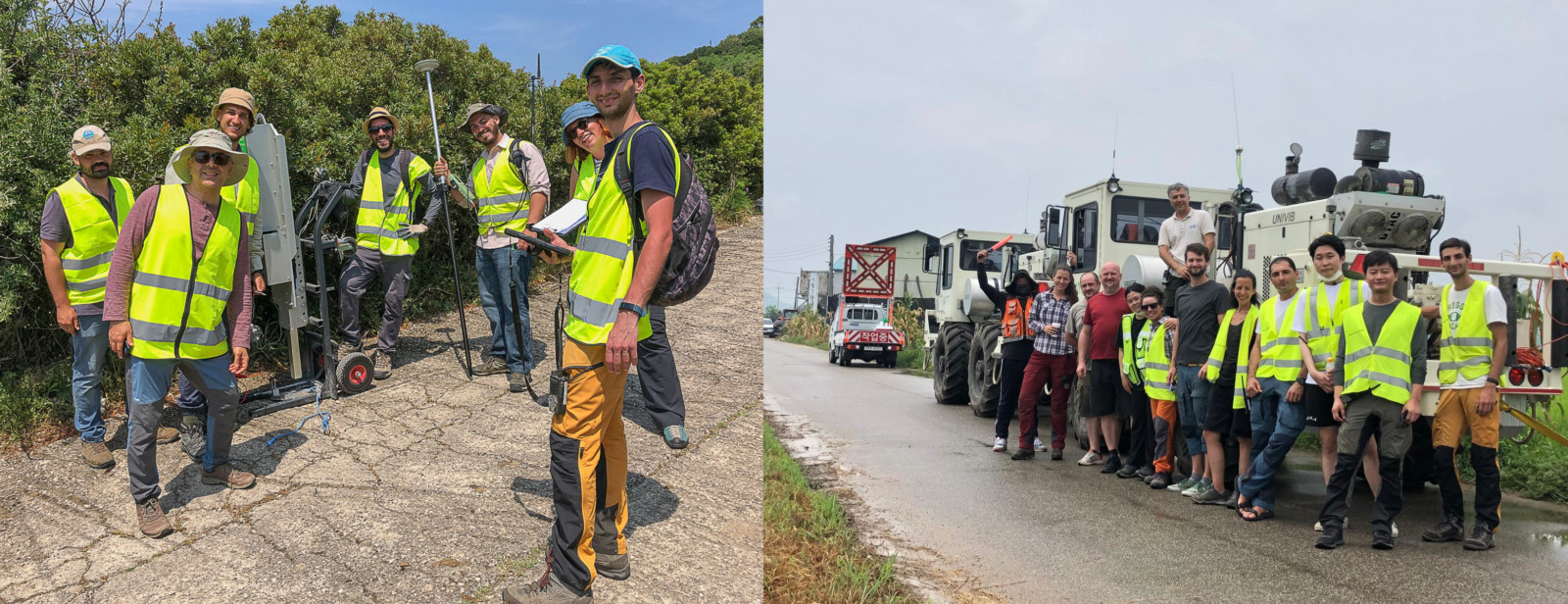
Figure 3: Field working campaign in Kefalonia Island, Greece with the Geophysics team from Uppsala University and the involved research group (left). Field trip to South Korea with the Geophysics team from Uppsala University and the involved research group (right).
During my first year at Uppsala University, I had the great opportunity to work on three seismic reflection profiles, around 55 km in total, from the Seoul metropolitan area in South Korea. The goal of this project was to study possible correlations between crustal-scale fault systems and the last ten years of recorded seismicity. These fault systems were never studied in the subsurface and are located in one of the most populated areas in the world, making the background noise levels quite substantial, so if any of you are more familiar with reflection seismology, you can understand the difficulty to face up in this type of data. A special dual element acquisition setting together with an advanced processing technique was adopted to overcome them. I was deeply involved in all the steps of the project, working especially on the processing and the interpretations of the datasets.
The results of this research were presented in a published article as co-author, a first author article already submitted, and the participation at the EGU 2022 in Vienna. In particular, the EGU general assembly this year was an amazing opportunity for me to get in touch with so many geoscientists who gave me so many new insights for my research goals. I hope that I will have the opportunity to take part in many international conferences in the near future to show my new working results and have fruitful conversations with fellow scientists.
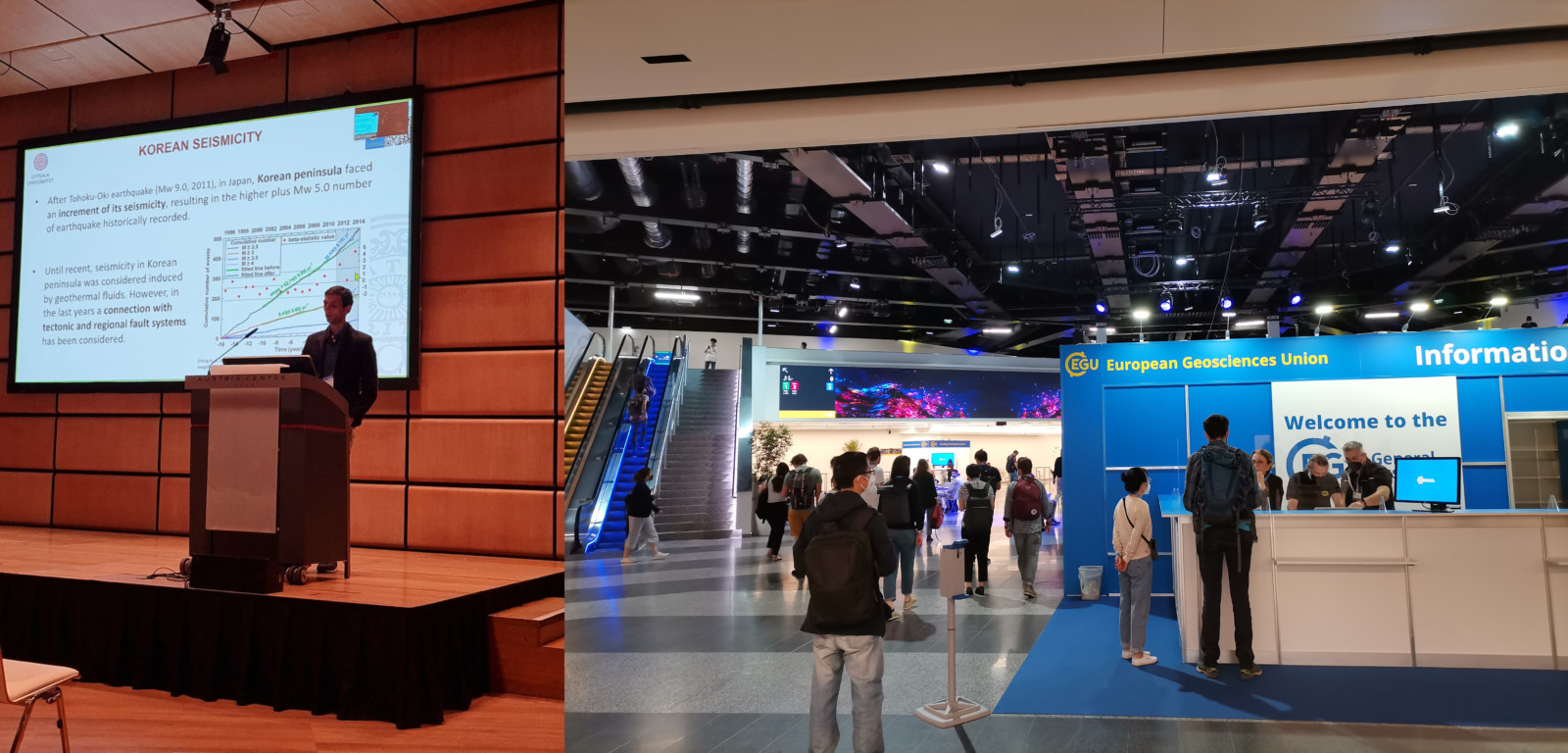
Figure 4: First participation at the EGU 2022 Annual Assembly presenting the results from the research trip in South Korea.
Another important aspect, especially when you are so far away from home, is the working environment. I am happy to work together with my colleagues, coming from different parts of the world, and have established such a good relationship and understanding. All of them are kind, helpful, and eager to carry on their own research goals but also to help each other. We also enjoy spending quality time altogether apart from the working hours, and this is important to build strong relationships, especially when you are alone in a completely new country.
For anyone not realising it, this was a pep talk, so my advice to you is this, “Do not be afraid” to move far from your home, and get out of your comfort zone. It may be a bit scary, however, it will bring so much color into your life, you cannot even imagine. Moreover, keep in mind two important things:
- Be sure that you like your project because it will take 80% of your time and it is fundamental to enjoy it as much as you can,
- And obtaining a Ph.D. degree does not mean that you have to remain in academia forever, if you discover that this is not your place you have plenty of different career options where you can apply everything you learned during your Ph.D., “you” can decide what serves you the best!
If you would like to learn more about our research work, follow up with our activities, or collaborate with us at the Department of Geophysics at Uppsala University, please visit our website or follow our page on Instagram.

